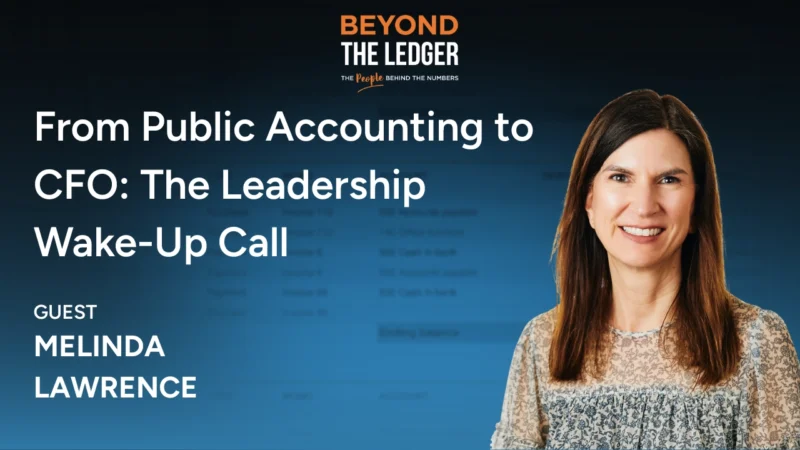Amazon’s HQ2 Pause Should Force Businesses to Rethink Workplace Flexibility Office Space Expansion
As Amazon decides to pause the construction of its HQ2 project amidst an uncertain economic climate, businesses are forced to grapple with the strategic viability of their workplace and work model. Major tech companies, faced with significant workforce reductions, are reevaluating the need for traditional office spaces and whether it’s a wise decision to consider office space expansions for their business. But what does this mean for the future of work? And how should businesses with their own offices bound up in costly commercial real estate weigh next steps in light of Amazon’s HQ2 pause?
Recent studies reveal that remote work has gained considerable momentum suggesting a solid reason for business owners to rethink their office space expansion plans. According to a Gartner survey, 82% of company leaders plan to allow employees to work remotely at least part-time after the pandemic, signaling a lasting change in workplace dynamics. This begs the question: are large, centralized office spaces even required in today’s world?
Many experts, including Amazon’s own John Schoettler, Vice President of Global Real Estate and Facilities, believe the pandemic has necessitated a shift in office space planning, implying that companies must reevaluate their reliance on expansive, centralized offices.
Armstead’s Thoughts
Armstead Jones, strategic construction advisor with Real Estate Bees, shares his insights and opinions on the strategic benefits of mass office space expansion in the current economic climate and what decision-makers can learn from the ongoing debate.
“Because there are several strategic advantages to mass office expansion when you look at the tech sector, you see a lot of growth. When you look at economic development in those communities, you see a lot of piggyback taxes, payroll taxes, property taxes, sales taxes, and taxes to the school systems, which help grow the school systems and also help put more resources into the government to provide services to those individuals. The only downside is that once those jobs leave, you see a lot of those areas go down”
Mike’s Thoughts
Mike Riso, strategic real estate advisor at PropertyCashin, weighs in on Amazon’s HQ2 pause and explains why it’s a move that many facilities decision-makers can learn from.
“There are no strategic benefits to mass office expansion in the current economic environment. One of the things we learned from the lockdown of the pandemic was that majority of companies don’t have a legitimate need for a bunch of people to be in the same space at the same time. Amazon is a perfect example of one of the few companies that actually has that.
And their recent decision to pause the second phase of headquarter two in Virginia is a very compelling argument that decision makers can rely upon when they ask themselves, do we really need that much office space and for the foreseeable future an answer to that question for majority of companies is going to be ‘probably not’.”
Article written by Azam Saghir.









